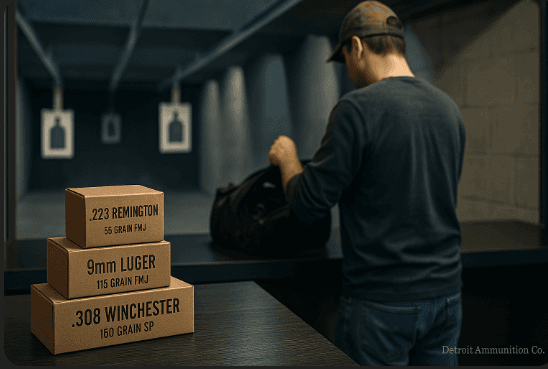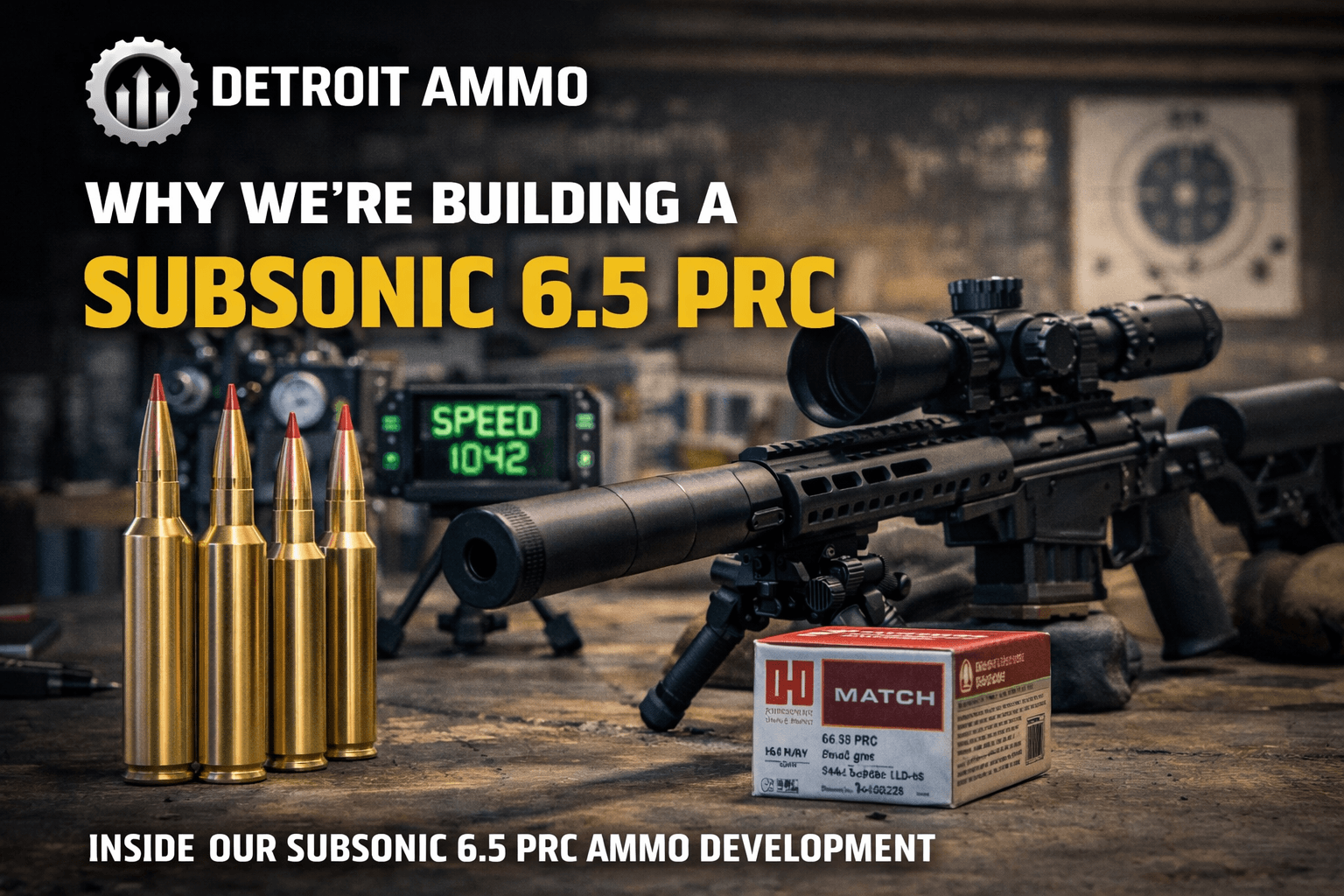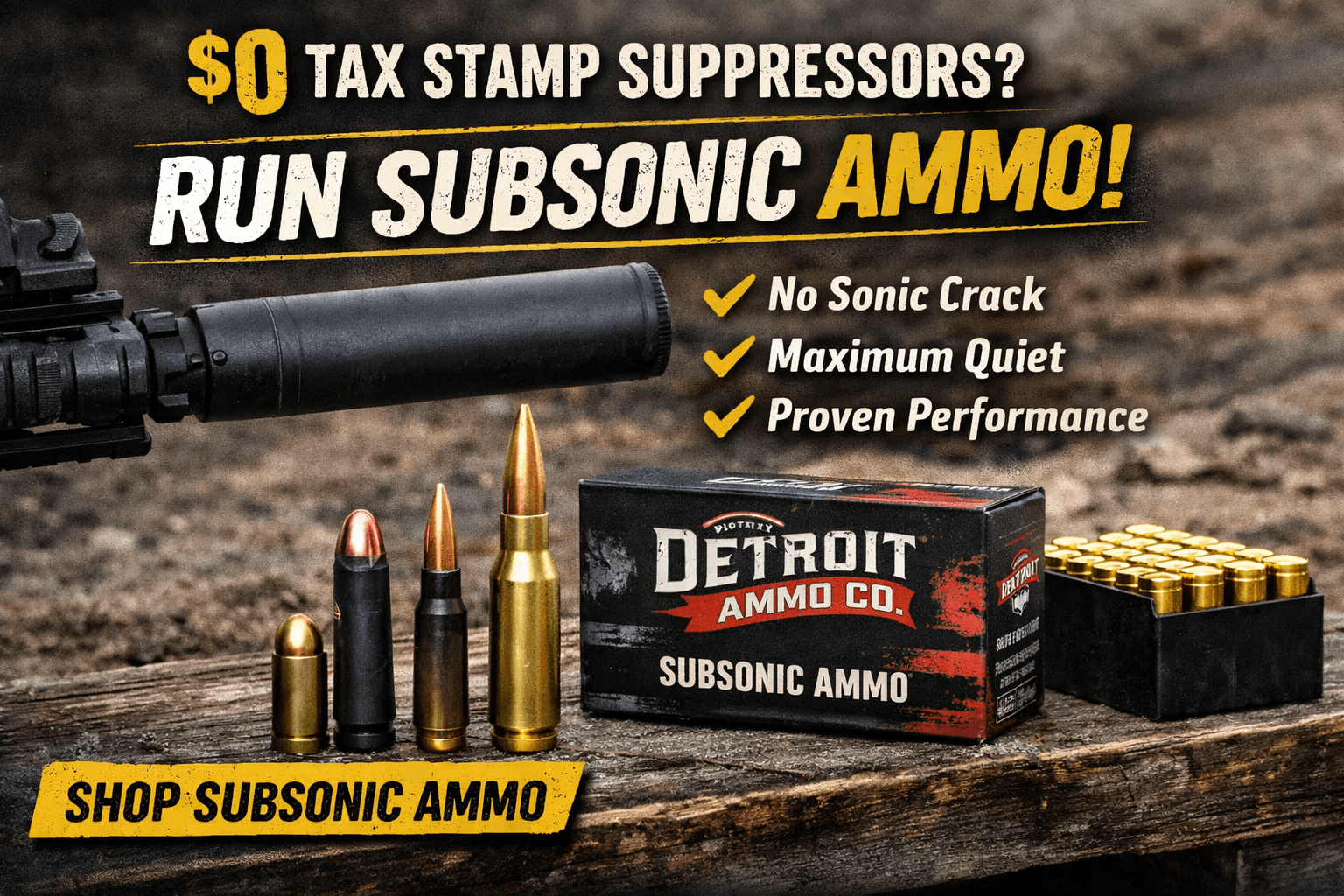What a federal government shutdown means for the everyday shooter (short, useful, and not alarmist)
Posted Oct 5, 2025

A federal government shutdown can sound scary — but for most casual shooters it’s mostly an annoyance, not an emergency. Private ammunition factories usually keep making rounds. The things that do slow or stop are the government-side processes that some shooters and sellers rely on: ATF paperwork, import permits, government contract acceptances, and some agency customer-service lines. Here’s the plain-language breakdown and exactly what you should do.
Quick summary
- Most civilian shooting won’t be interrupted. Your local range and gun shop will usually keep operating and selling in-stock ammo.
- Expect delays for paperwork and specialty items. NFA approvals (suppressors, SBRs), import permits, and some government inspections or acceptances can be slowed or paused.
- Don’t panic-buy. Shortages and price spikes mostly happen when people hoard. Buy what you need and keep a sensible reserve.
What you probably won’t notice
- Your range being open for weekend plinking (unless it’s government-run).
- local stores selling ammo they already have in stock.
- immediate shortages of common factory loads — unless hoarding starts.
What you might notice
- Longer wait for NFA items (suppressors, SBRs, tax stamps): approvals and transfers move slower when ATF is short-staffed.
- Delayed imports or specialty ammo if shipments require ATF/CBP signoffs — a box can sit at the port longer than normal.
- Occasional background-check slowdowns. NICS usually stays online, but reduced agency staffing can cause delays in some cases.
- Retailers and contractors may see cash-flow pain. Contractors waiting for government acceptance or payment can shift inventory availability for niche rounds.
Practical advice for everyday shooters
- Don’t overbuy. Grab what you need for practice and upcoming outings. Hoarding makes things worse for everyone.
- Keep a sensible reserve. A few hundred rounds of your common calibers is a good buffer for weekend shooters. Hunters may want a full-season supply for their specific load.
- If you own or applied for an NFA item, expect delays. Save receipts and tracking info and be patient — approvals usually resume after staffing returns.
- Consider learning or using reloading if you shoot a lot. It’s a longer-term hedge against commercial shortages.
- Watch order status and supplier notes. Merchants will flag ATF/import delays on orders that are affected.
- Support local shops and ranges. They often get allocations sooner than large online dealers and can be more transparent about stock.
- Plan for events. If you have a competition or hunt, buy the needed ammo in advance instead of waiting until the last minute.
- Don’t try to shortcut the law. Avoid illegal transfers or workarounds — they create real legal risk for you and others.
- If you’re nervous, ask your supplier. Good shops will explain whether your order is affected by paperwork or imports.
Copy-and-paste notice (for social or your friends)
“FYI: Federal slowdowns may delay NFA approvals and some imports. In-stock items still ship. If your order needs ATF/import signoff, expect longer wait times. Questions? orders@detroitammoco.com”


